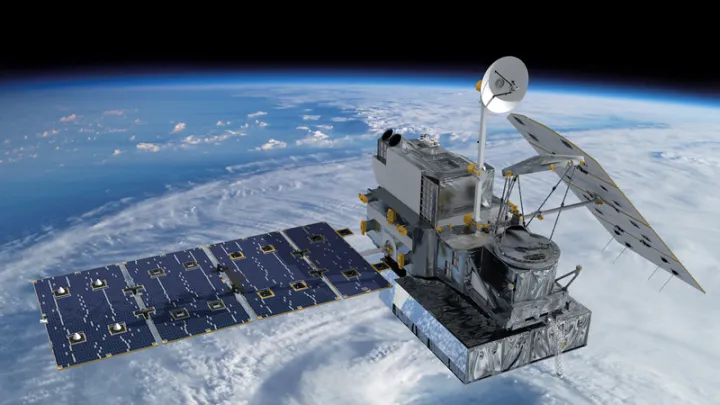Satellite technology has become an indispensable tool for a wide range of applications in the 21st century. It has altered the way we communicate with the world around us. It is essential in today’s society for communication, navigation, weather forecasting, and surveillance. Pakistan, as a developing country, can greatly benefit from satellite technology in its pursuit of socioeconomic development. In this article, we will explore the potential benefits of satellite technology in Pakistan, as well as how it can help the country grow and progress.
Pakistan, like many developing countries, faces several challenges on its path to socioeconomic development. Inadequate infrastructure, poor connectivity, energy shortages, and low agricultural productivity are among the challenges. The use of satellite technology can assist in resolving these problems and providing solutions that can contribute to progress and development in our beloved country.
One of the most important areas where satellite technology could assist Pakistan is communication. Satellites have the potential to bring low-cost, high-speed internet to even the most remote and underserved areas. This has the potential to significantly boost economic development while also improving educational outcomes for children in these areas. Furthermore, improved communication can help connect rural populations with urban centers, allowing them to access essential health and government services that may not be available locally.
Agriculture is also another sector that can benefit from satellite technology. Pakistan is an agriculture-based economy, with agriculture employing the vast majority of the population. However, a lack of data and information about crops, soils, and weather conditions could have a significant impact on productivity. Satellite technology can provide farmers with real-time information on weather patterns, soil moisture, crop yields, and other critical factors, allowing them to make informed crop management decisions. This information can be used to boost agricultural productivity, which will improve food security and reduce poverty.
Satellite technology can also help Pakistan improve disaster management. Natural disasters such as floods, earthquakes, and landslides pose a significant danger to the country. Satellite images can provide real-time data on the extent and severity of natural disasters, assisting in the effective coordination of emergency response efforts. This can save lives and prevent significant property and infrastructure losses.
In addition to these specific areas, satellite technology can also contribute to overall economic growth in Pakistan. Improved connectivity and communication can help expand trade and commerce, creating new business opportunities and attracting foreign investment. Additionally, the application of satellite technology can help build a more robust and diversified energy infrastructure. Renewable energy sources such as solar and wind power can be monitored and managed using satellite data, making energy production more efficient and reliable.
Pakistan’s space agency, the Space and Upper Atmosphere Research Commission (SUPARCO) has made significant advancements in satellite technology development. Several satellites have been launched by the agency in recent years, including the Pakistan Remote Sensing Satellite (PRSS-1), which is primarily used for Remote sensing data and disaster management. SUPARCO has also signed a number of agreements with other countries in order to collaborate on space exploration and satellite technology development.
Despite this progress, Pakistan still has a lot of untapped potential in satellite technology. To further enhance the country’s capabilities, the government can invest in developing a more robust satellite infrastructure, including ground stations and related technology. Furthermore, private investment in satellite technology can aid in the creation of new business opportunities and the acceleration of economic growth.
Finally, satellite technology has enormous potential for Pakistan’s socioeconomic development. Improved communication, agriculture, disaster management, and energy production can all help the country address critical challenges. SUPARCO’s progress in developing satellite technology is encouraging, but more investment and collaboration are required to realize the full potential of this technology. Satellite technology, with the right policies and investments, can help Pakistan become a more prosperous and developed nation.
